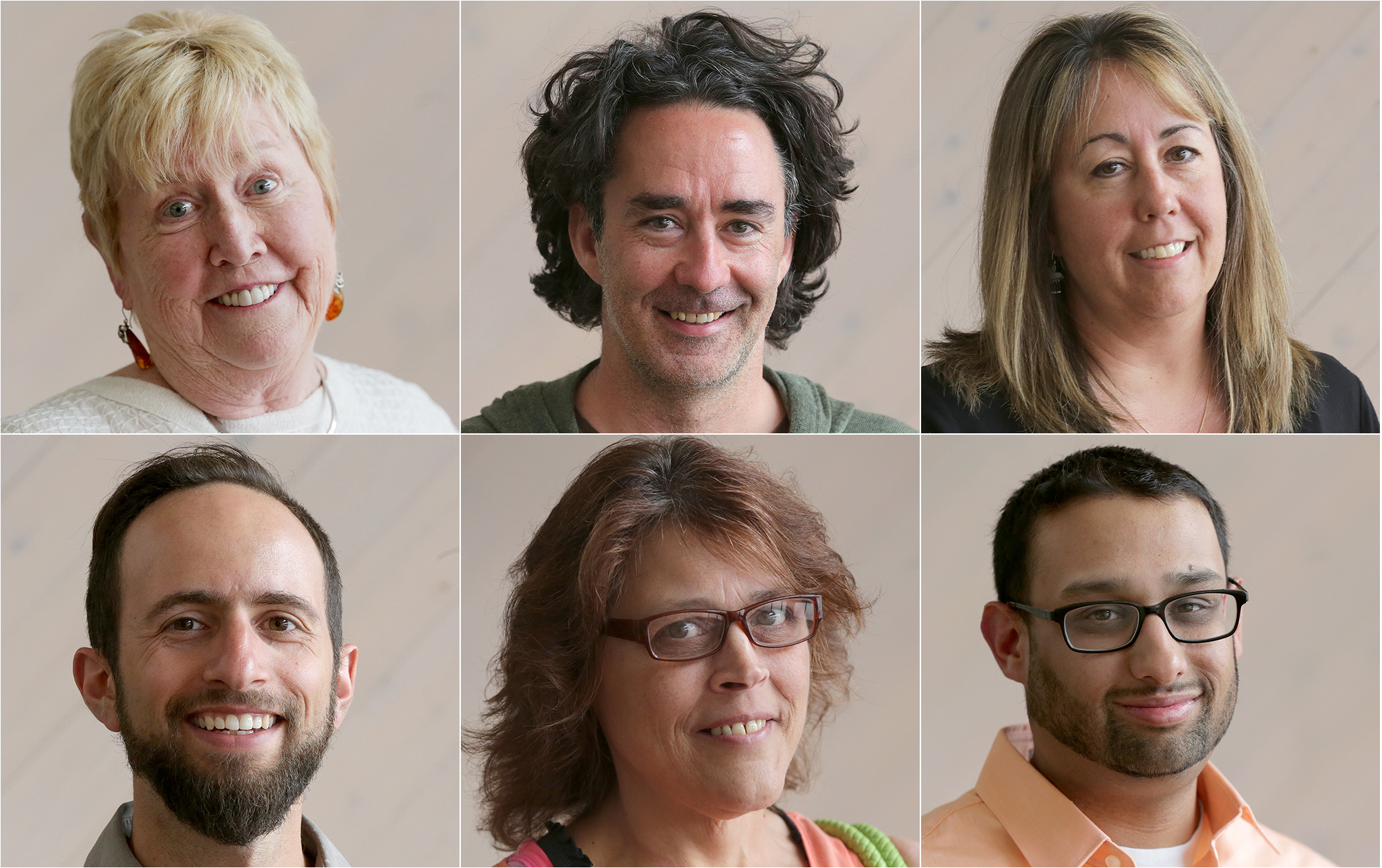
We've heard so much about how divided the country had become during and after the presidential election that we got to thinking: Could Coloradans sit down and figure each other out?
So we pulled together a group of folks for what we plan to be a series of conversations called Breaking Bread. We served up dinner -- along with bread -- and asked six people from six different walks of life and political viewpoints to sit down and listen to each other.
We spoke with Trump supporters Karina Gaylord who lives in Arvada and is a small business consultant, Annette Gonzalez of Pueblo, who takes care of five grandchildren and Sandy Russell of Palmer Lake, who's a retired teacher who now works as a counselor.
Our Clinton supporters were Adam Brock, of Denver, who does nonprofit consulting, and Brian Pacini also of Denver who does data operations for a Denver-based company. Mehdi Khan of Aurora is a dam engineer, and a Green Party voter.
Cultural change and racism concerned some of them. The vitriolic tone concerned others. Most lamented the way politics has even divided friends and families. Highlights below are edited for clarity. Click on the audio link for the full conversation.
You can join the conversation by telling us about a particular Trump policy that you believe will help or hurt you. Call 720-358-4029 and leave a voicemail at the prompt. You can also visit our Connect page to find other ways to connect on this and other topics.
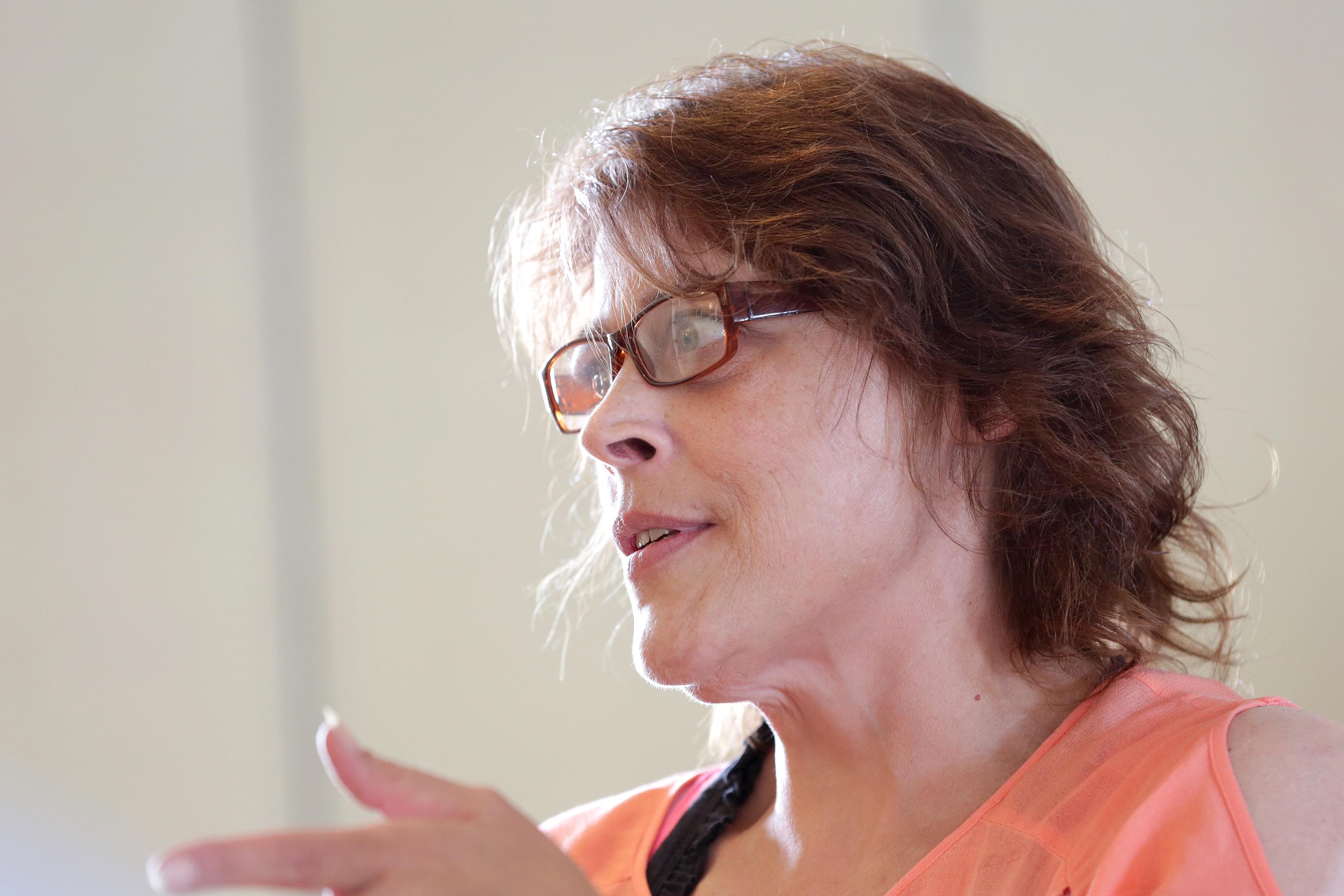
Annette Gonzales on backing Trump:
They don't see us. That 1 percent don't see the rest of us underneath them. And you know, I'm probably in the last 10 percent. I don't think that I mean anything to Trump. He's not doing a thing for me. Thankfully I have Medicaid and Medicare because of my disabilities. My grandchildren have Medicaid. Yes, I'm interested in what's going on with that kind of stuff, but I don't know why I connected with him.
I just knew that he was going to be able to make some changes. He wasn't the politician. He wasn't toeing the line. He wasn't telling the nice little fibs to cover things. He called Hillary out. He called out other people by their name. I don't agree with him being on Twitter and all his crap that goes on there. Show a little decorum. You are the President of the United States. Delete your Twitter account and get on with running the country. So, yes I like him but I am not totally in love with anything he wants to do or say.
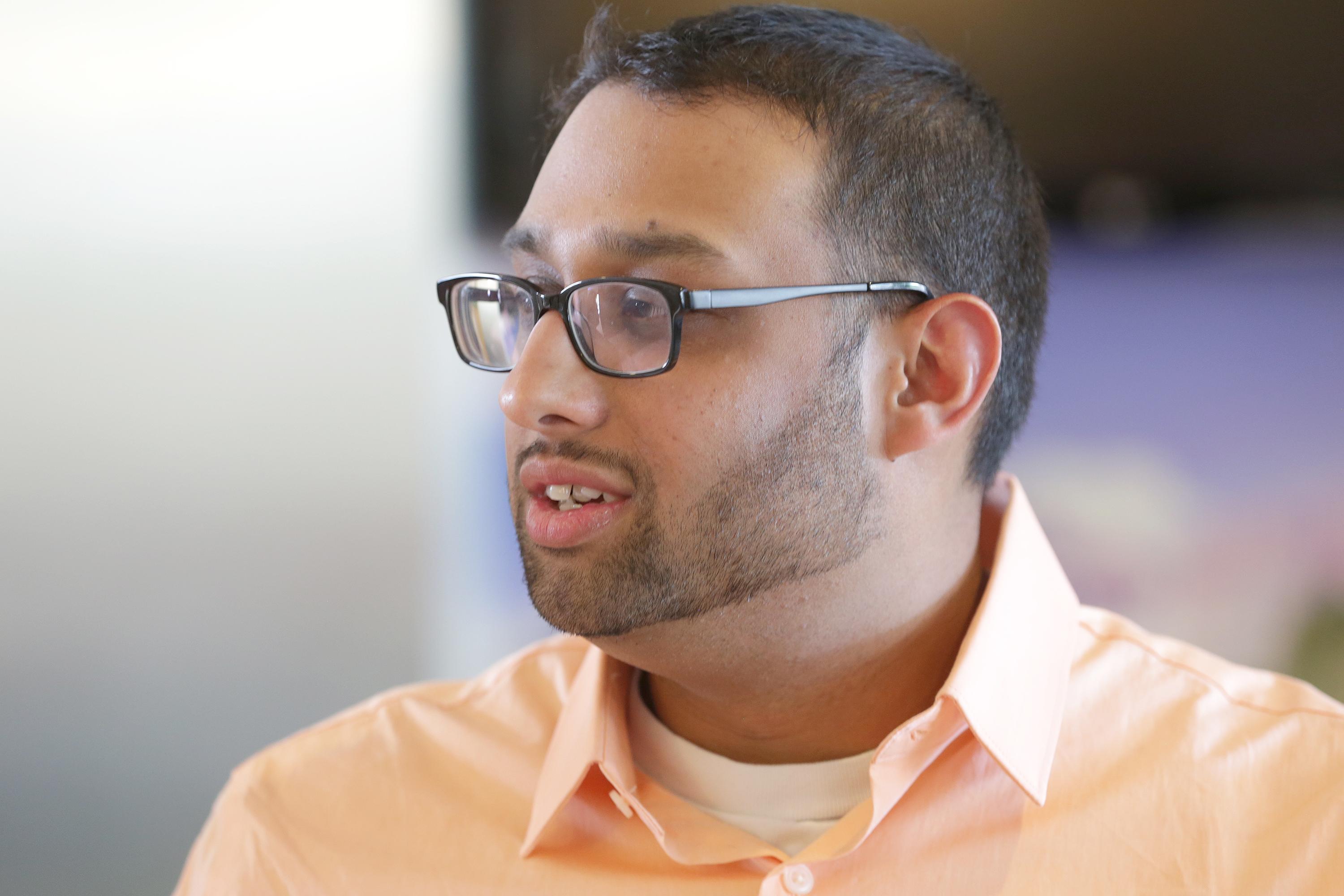
Mehdi Khan on violence against Muslims:
The total picture is, hate crimes against Muslims are up huge. At our mosque we wanted to get security, armed security, because we get threats. It's not cherry picking. This is our lives at stake. Mosques are burned down. People are shot.
Mehdi Khan on wanting to hear other opinions:
I love politics and I love talking and, you know, we live in strange times to say the least and if given an opportunity to, you know, reach out to other people and hear different points of view and impart my perspective, maybe I can change somebody's point of view or I'll change mine. I'm really open to that, as well. So I heard it would be a diverse crowd, so, you know, I like diversity and, you know, challenging people on what they believe and I like being challenged myself, as well.
Mehdi Khan on Trump’s attitude towards Muslims and Islam:
It's his duty as our leader -- not just the leader of Caucasian Americans, but everybody -- to say, "This such and such group was just targeted last week and ... This mosque was burned. Yeah, you have the right to be in this country. We're sorry for what happened to you. Let me visit you." He has this duty to any other group. Christian churches, synagogues. He has this duty to make us feel that we're part of this society.
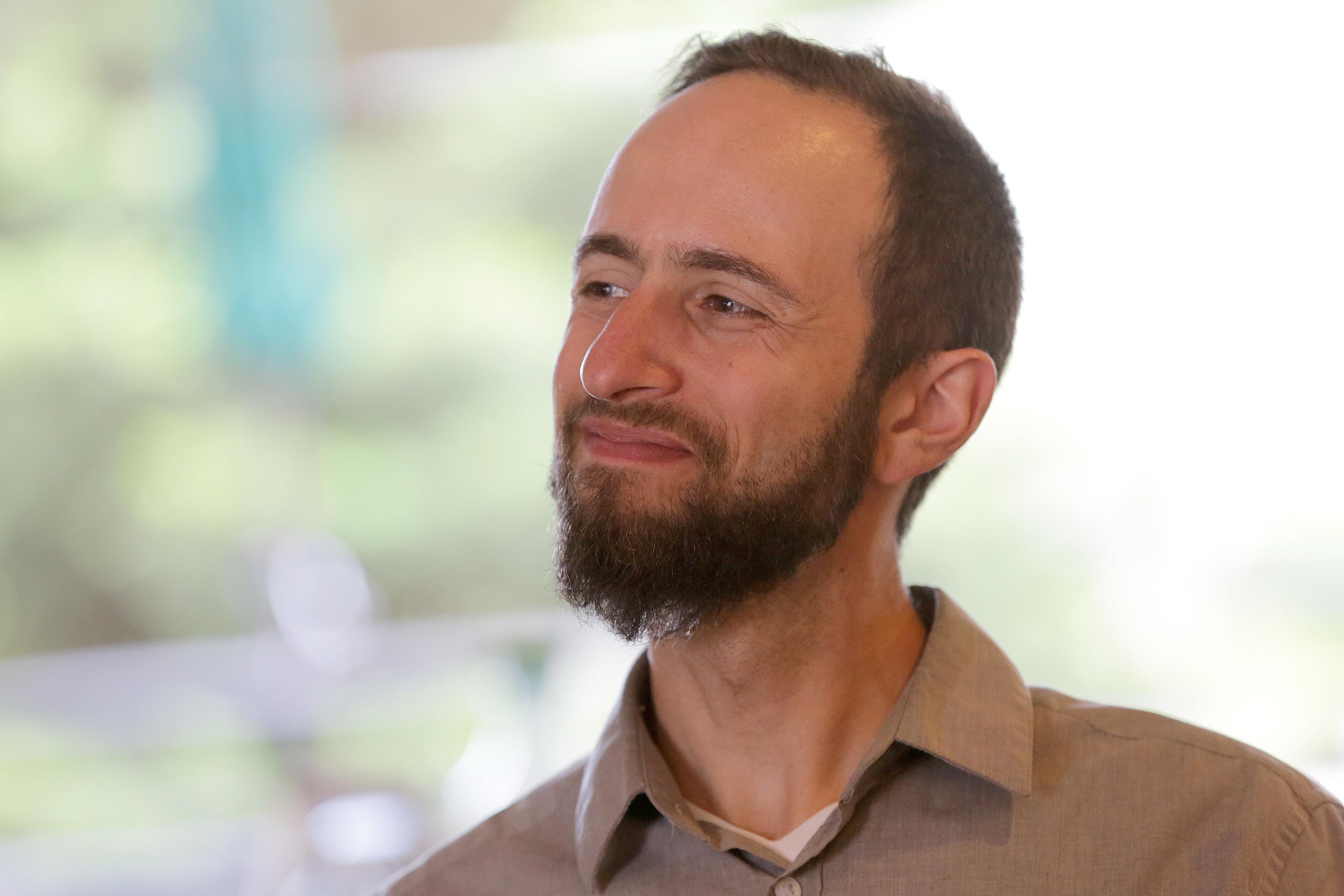
Adam Brock on getting out of his bubble:
For me, I think particularly, since the election, but just more and more over the last few years, I think I've realized that while in my life there's, I am around a lot of different kinds of people, they all share very similar political views. And so it's always baffled me that there's this whole other side of the country that I just seem to not be able to connect with. Like, just physically in the spaces I'm in.
So I've been craving more and more to have those kinds of conversations, just to be able to listen, to understand where folks are at, why they made the choices they have that, on the surface, feel so different from mine, but maybe aren't really. And so, yeah, I'm excited to just kinda listen and understand a little bit better.
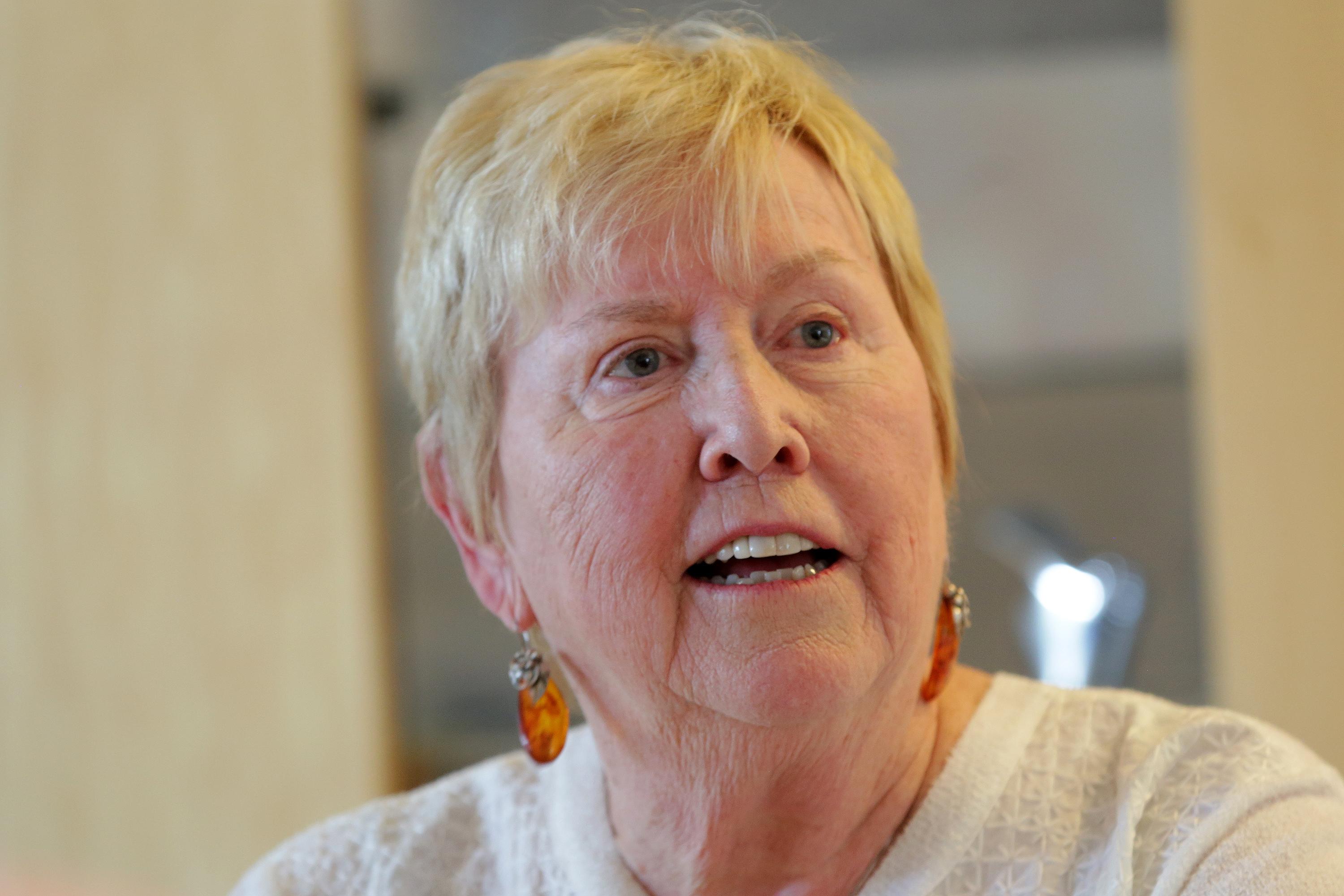
Sandy Russell on the challenge of social change and supporting Trump:
I really didn't know what was going to happen to my Christian religion or what was gonna happen to all of the religions, you know. Be it, you know, Catholicism, whatever. These things were just changing so quickly and so rapidly and I was fearful. And I had not been fearful before, because I travel frequently and lived all over and what have you. But I was starting to be fearful because I was a white woman.
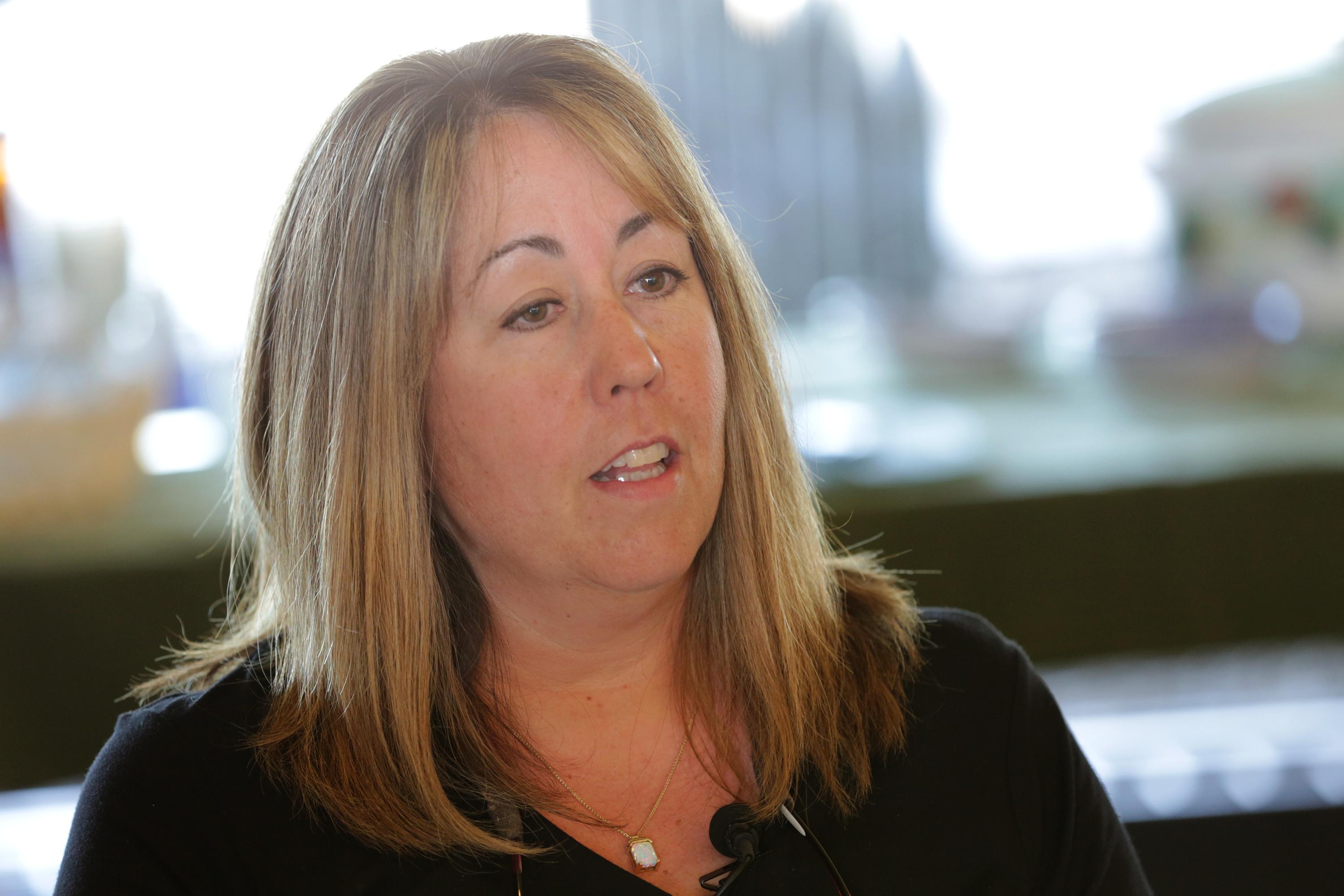
Karina Gaylord (Brian Pacini's sister) on politics dividing families:
But I know a lot of other people that didn't want to be around their families or friends that were Trump-supporters, you know? And I thought, you know, that is really sad that we've gotten to the point where, you know, we can't even be around each other just because of what we voted for and what was right for us. So, I guess, you know, really I was, I enjoyed talking to Andrea when she called and Brian gave me a heads-up. I was really more or less curious on how this was all gonna come together, hoping that it would be, you know, a good discussion.
I like great discussions about politics. What I don't like is when, you know, people get too upset or there's, you know, name-calling and friendships lost and relationships changed over it. To me, that just doesn't make a lot of sense, you know? It's, life's too short for that, you know?
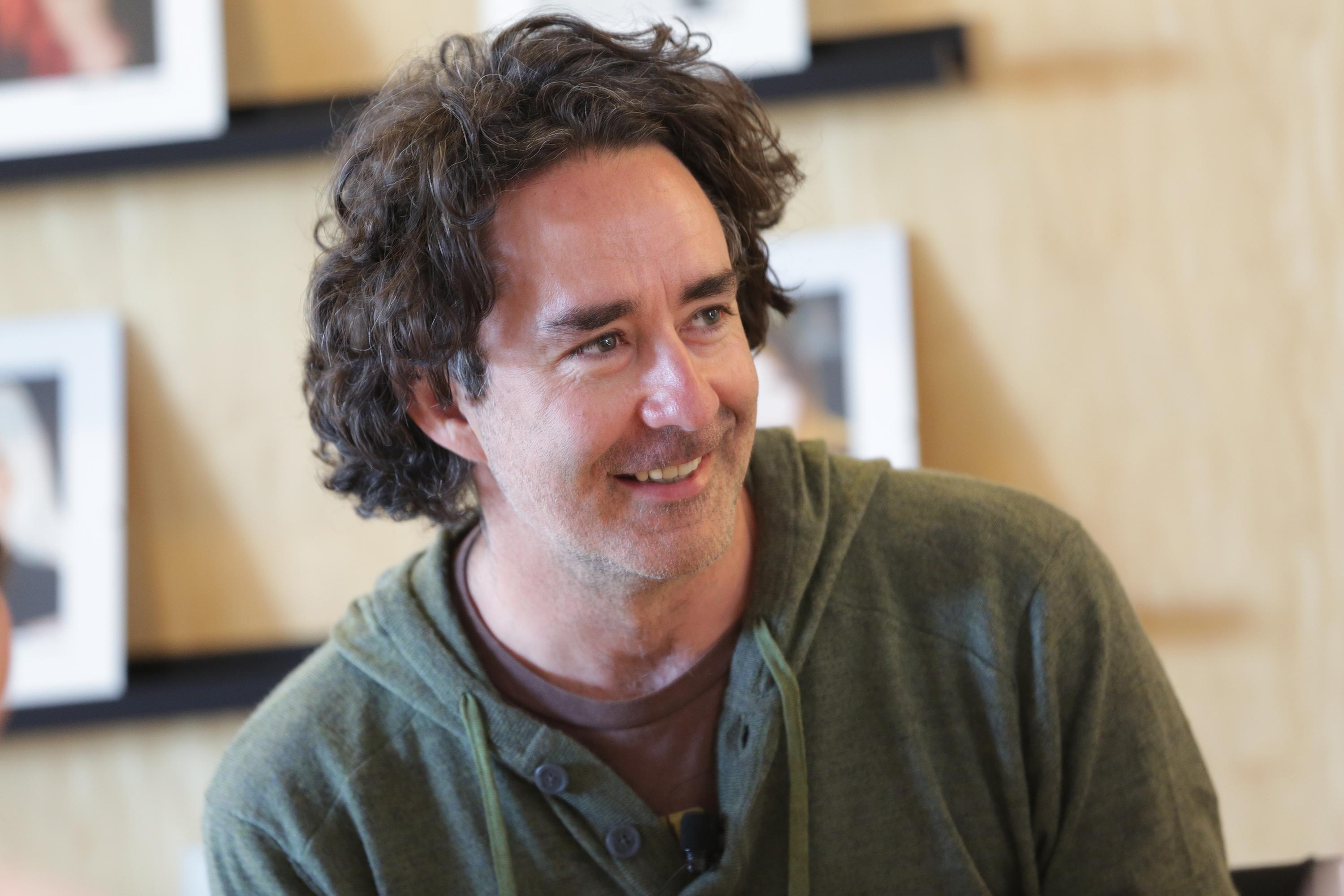
Brian Pacini on holding into his ethics:
Like, there's a lot of things on the right that I agree with, like, you know, as far as gun rights and pro-Israel and stuff like that, but, to me, it became more of an issue of like ethics. And supporting somebody as terrible as, in my view, who kind of, not just like based on media, but just kind of the way that he talked and way he [says ] things or the words he said, it was kind of more of an issue of ethics than it was more of an issue of politics.
That's kind of, that was kind of jarring for me, to be around family who I grew up with and, you know, was very nurturing, very loving and supporting. We do have great relationships. We have a very strong, tight family. And to have that, you know, that was kind of what was upsetting to me is to see, you know, if it was for McCain or Romney or somebody like that, it wasn't that big of a deal, but to have somebody so unethical be supported, and they weren't necessarily like big Trump-supporters, but they obviously voted for Trump for the most part. And so, that was kind of, you know, what was hard, I guess, for me to kind of accept in ways.
Meredith Turk, Ryan Warner, Kelley Griffin and Hart Van Denburg contributed to this story.









